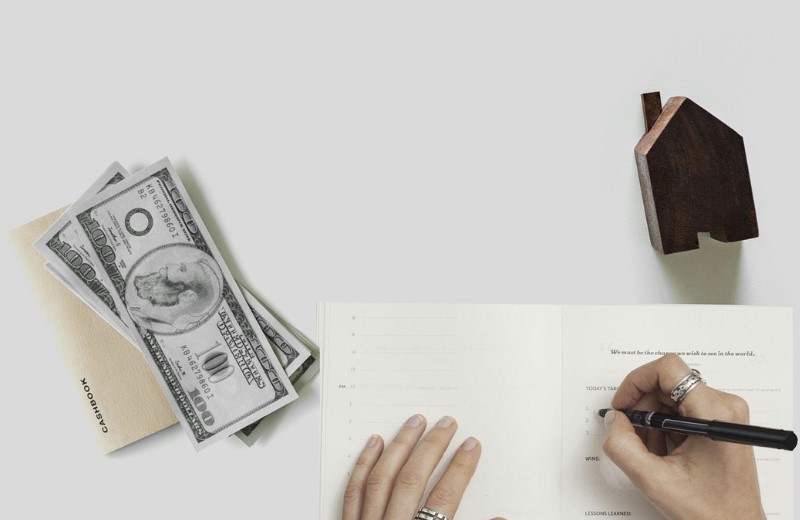The Ultimate Guide to Budgeting for Your First Home

With all the excitement and stress that come with finding your dream place, it’s easy to get carried away and forget to keep track of your finances. But creating a budget for your first home doesn’t have to be complicated. By breaking things down into manageable steps, you can set yourself up for a smooth home purchase without losing control of your money. Here’s your essential guide to creating a realistic budget.
Understanding Your Finances
Before you start looking at homes, it’s crucial to take a step back and assess your current financial situation. This means having a good look at your income, savings, and any outstanding debts. It’s easy to get caught up in the idea of buying a home, but it’s essential to know how much you can comfortably afford to spend.
Sit down with your bank statements and make sure you’re clear on your regular expenses, like rent, utilities, groceries, and transport. This will give you a clearer picture of your overall financial health and help you set realistic goals.
Setting a Realistic Budget
Once you’ve got a solid understanding of your finances, it’s time to set a realistic budget for your home purchase. Start by figuring out how much you can put towards a deposit. The more you can save upfront, the less you’ll need to borrow.
It’s also important to stick to your budget, not just when saving but throughout the entire homebuying process. Working with a reputable real estate agency such as One Percent Property can help you stay on track by showing you properties that align with your financial limits. They can also guide you through negotiations, ensuring you don’t overextend yourself.
Determining Your Loan Eligibility
Now that you have a clear idea of what you can afford to spend, it’s time to figure out how much you can borrow. Lenders usually have specific criteria for home loans, and the amount you’re able to borrow depends on things like your income, expenses, and credit score. The good news is that most lenders offer online calculators to give you an estimate of how much you can borrow.
However, keep in mind that just because a lender is willing to offer you a certain amount doesn’t mean you should take it all. You’ll want to keep your monthly repayments manageable and avoid stretching yourself too thin. It’s also wise to allow for changes in your life, such as possible interest rate hikes or unexpected expenses.
Saving for the Deposit
To make saving for a deposit easier, start by setting up a dedicated savings account just for your home purchase. Having a separate account means you won’t be tempted to dip into your savings for other expenses.
Try to set a realistic monthly savings goal and stick to it. It might help to automate your savings so that a portion of your income goes straight into your deposit fund as soon as you’re paid. Every little bit helps, so don’t underestimate the power of consistent, small contributions over time.
Considering Ongoing Costs
When you’re planning your homebuying budget, it’s not just about the upfront costs. You also need to think about the ongoing costs of homeownership. Mortgage repayments are typically your biggest ongoing expense, but they’re far from the only one. You’ll also have to cover utilities, maintenance, council rates, and home insurance.
It’s important to remember that owning a home comes with added responsibilities. You’ll be responsible for maintaining the property, which means budgeting for repairs and regular upkeep. It’s wise to set aside a portion of your monthly budget for these unexpected costs.
Getting Professional Help
If you’re feeling overwhelmed by all the numbers and options, it might be a good idea to speak with a financial advisor or mortgage broker. These professionals can help you navigate the complex world of home loans and guide you in setting a realistic budget.
A mortgage broker, for instance, can help you find the best loan products available and ensure you’re getting the most competitive rates. It’s worth investing in professional advice to make sure you’re on the right track and avoid any costly mistakes.
Conclusion
Creating a budget might seem like a lot of work, but it’s an essential step in the process of purchasing your first home. Stay focused on your long-term objectives, and remember that being patient and planning ahead will pay off in the end. With a solid budget in place, you’ll be well on your way to homeownership.